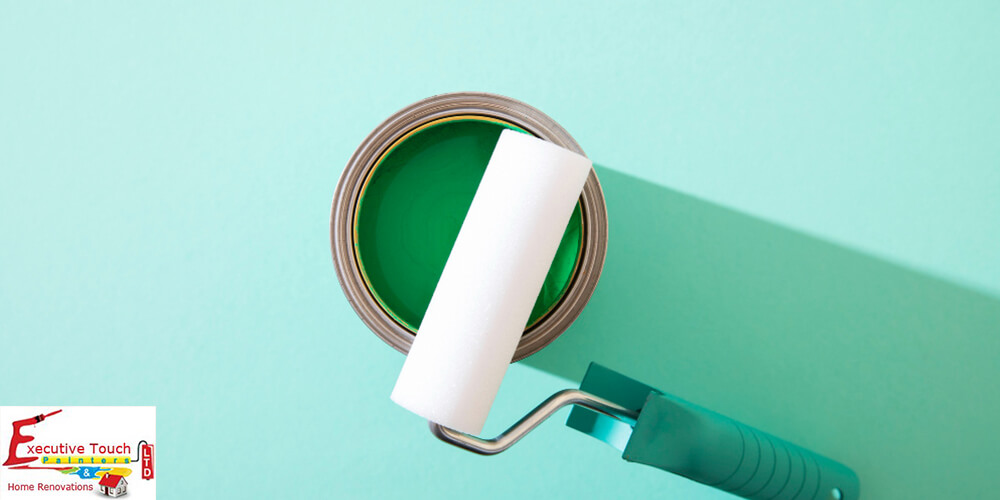
It can be tempting to take leftover paint from interior projects to paint outside walls, furniture, and fences quickly. Interior paint isn’t made to survive weather conditions like rain, snow, wind, UV, or mildew. Compared to outdoor paints, it contain less pigment and binding resins, and the finish is more porous. The paint will fade, powder or chalk, fracture, and flake more quickly. This article will clarify most people’s question, “Can I Use Interior Paint Outside?”
Let’s quickly review the basic components of paint before we can understand what interior paint is. Pigments, additives, solvents, and resins are all components of paint. The paint adheres to the surface because of these compositions. The solvent is the element that maintains the paint’s liquid state. When you apply the paint, it evaporates, leaving the three additional long-lasting components on the surface. The pigments are stuck into the surface by resins. The additional properties that additives provide. Paint with additives is easier to apply, clean, and mildew-resistant. They aid in the paint’s resistance to external elements so it doesn’t fade, break, or flake.
Paints can be Oil-based or water-based. Due to the horrible smell of oil-based paints, most interior paints are not oil-based. Additionally, acrylic paints are challenging to clean, which is not ideal if you paint inside, like in your living room.
Interior paints are very different compared to exterior paints. The characteristics of interior paints are
There might be many reasons to use interior paint outside. Some might be cost-effectiveness, leftover paint, or temporary covering. You can use interior paint outside, but you shouldn’t. The formula of the interior paint is completely different from exterior paint. They do not resist external weather conditions such as snow, dirt, rain, and sunlight. They will quickly fade if used due to the lack of necessary resin for anchoring to external surfaces.
Painting the inside of a front door with interior paint is okay since the surface is protected from the external elements. The surface must be prepared, particularly if the door is metal. You can use the same paint on the door’s exterior if it is protected with a glass door. Otherwise, it may crack, fade, and chip.
If you have already decided to use interior paint for the exterior, seal it with one or two coats of exterior-grade clear coat sealer. However, the adhering time can vary depending on the external weather conditions, and the sealer cannot stop it from fading. A sealer can increase the work, making it more expensive than the exterior paint. Warranty cannot be claimed if you use interior paint for exterior surfaces.
Many people use interior paint to minimize cost or for other reasons. Still, you can use it as a primer. While painting, the surface must be prepared well depending on its type to improve its adherence. Even after all the preparation and application, the paint hardly stays for a year or two, depending on climatic conditions. Interior paints are formulated for interior use only and cannot be used as exterior paint at any cost. At Executive Touch Painters, we have over 30 years of experience in painting and home renovations. Contact us today for a free quote.